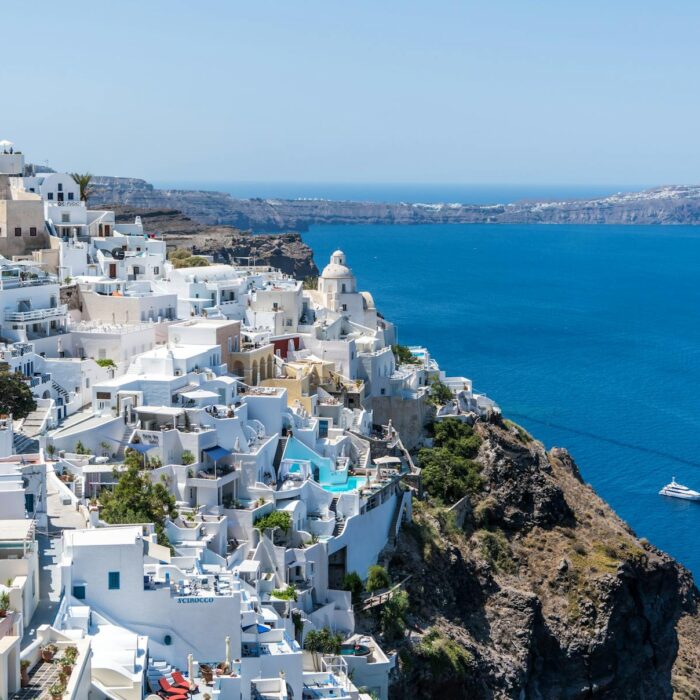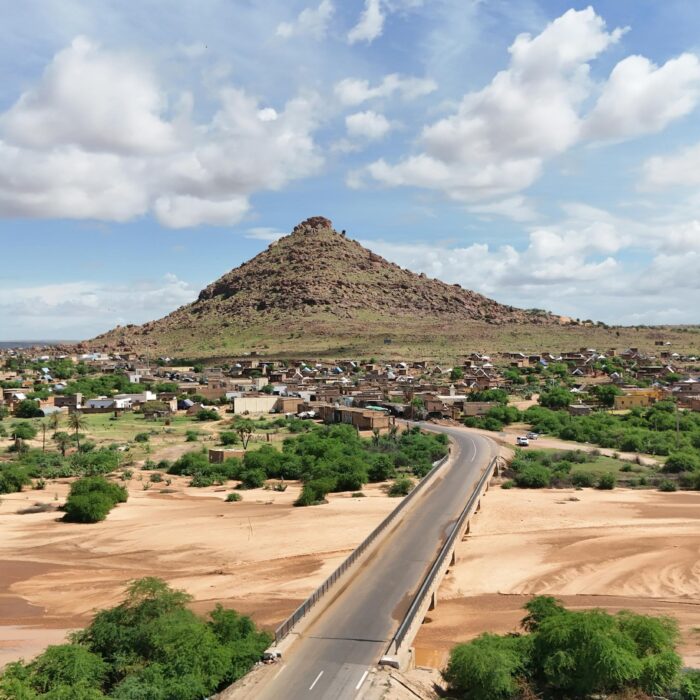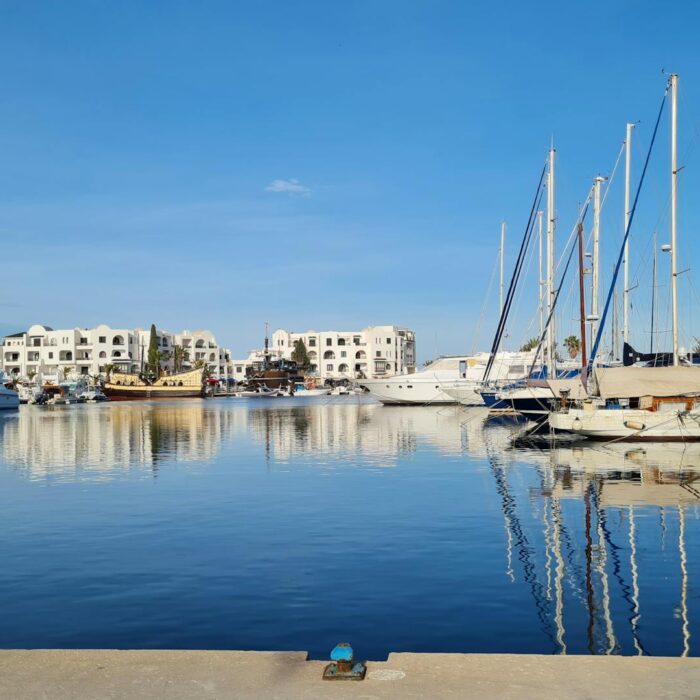Quick facts about Nigiria:
- Population: Nigeria is home to over 206 million people, making it the most populous country in Africa.
- Official Languages: English is the official language of Nigeria.
- Capital: Abuja serves as the capital city of Nigeria.
- Government: Nigeria operates as a federal republic with a multi-party political system.
- Currency: The official currency of Nigeria is the Nigerian Naira (NGN).
1 Fact: Nigeria is the most populous country in Africa and has the largest GDP
Nigeria holds the distinction of being the most populous country in Africa, with over 206 million people. In addition to its demographic prominence, Nigeria boasts the largest Gross Domestic Product (GDP) on the continent.
2 Fact: Nigeria has many ethnical groups and languages
Nigeria is characterized by a rich cultural tapestry, with numerous ethnic groups and languages. The country is home to over 250 ethnic groups, each contributing to the vibrant diversity of Nigerian culture. This multiplicity of ethnicities is accompanied by a linguistic mosaic, with more than 500 languages spoken across the nation. The coexistence of varied ethnicities and languages reflects the intricate social fabric that defines Nigeria’s cultural landscape.

3 Fact: Nigeria is Africa’s largest seller of gas and oil
Nigeria holds the distinction of being Africa’s largest seller of gas and oil. As a major player in the global energy market, the country’s oil and gas industry significantly contributes to its economic standing. Nigeria’s abundant natural resources and strategic position in the energy sector position it as a key player, not only on the African continent but also on the world stage.
4 Fact: Hollywood? No, Nollywood!
Nigeria’s Nollywood is a powerhouse, producing over 2,000 films annually and ranking as the world’s second-largest film industry by output, just behind India’s Bollywood. The sheer volume of films and the industry’s influence on African cinema make Nollywood a significant player, showcasing the country’s cultural and creative prowess.

5 Fact: The first Europeans to see Nigeria were the Portuguese
The first Europeans to set eyes on Nigeria were the Portuguese. Their explorers, led by John Afonso, arrived on the coast of what is now Nigeria in the late 15th century, around the year 1472. This marked the beginning of European contact with the region, eventually paving the way for subsequent European exploration, trade, and colonial activities in Nigeria.
6 Fact: Soccer is very popular in the country
Soccer is a deeply cherished and widely followed sport in Nigeria, with an enthusiastic fan base rallying behind the national team, the Super Eagles. Nigeria has celebrated notable successes in international soccer, including winning the Africa Cup of Nations multiple times and making significant strides in the FIFA World Cup.
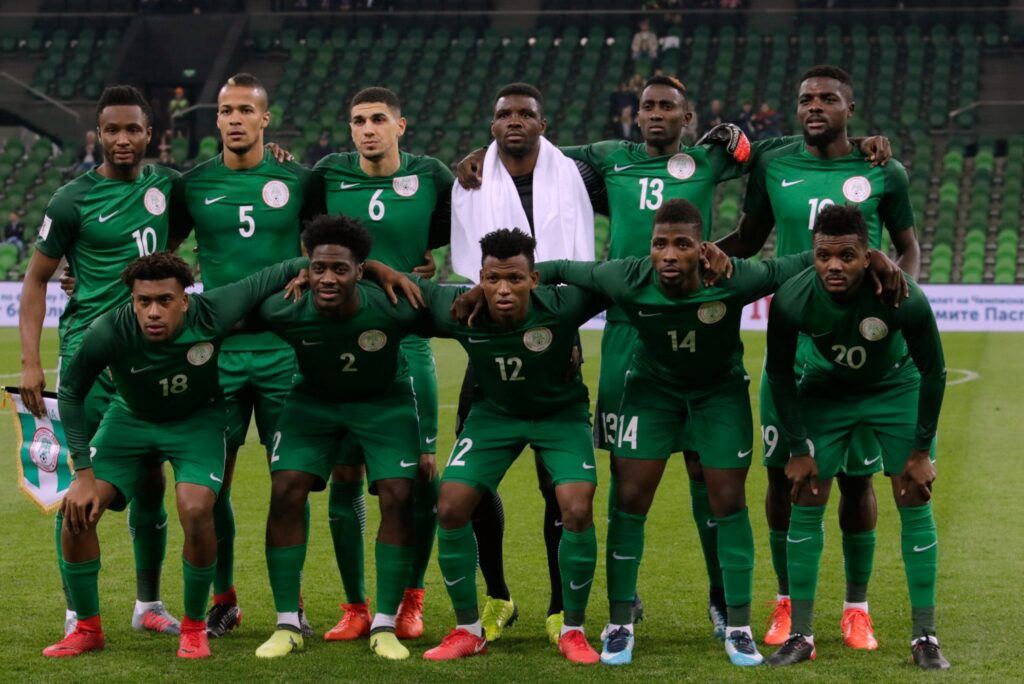
7 Fact: The largest city is not the capital
While Abuja serves as the capital city, Lagos holds the distinction of being the country’s largest city. Lagos is not only a major economic and cultural hub but also a bustling metropolis known for its vibrant energy, diverse population, and economic activities.
8 Fact: There are national parks in Nigeria
Nigeria boasts national parks and safari opportunities, providing a haven for wildlife enthusiasts and nature lovers. Yankari National Park, located in the northeastern part of the country, stands out as one of the prominent national parks. It offers a diverse range of wildlife, including elephants, baboons, and various bird species.
Note: If you are planning to visit Nigeria, check here if you need an international driver’s license in Nigeria to drive.
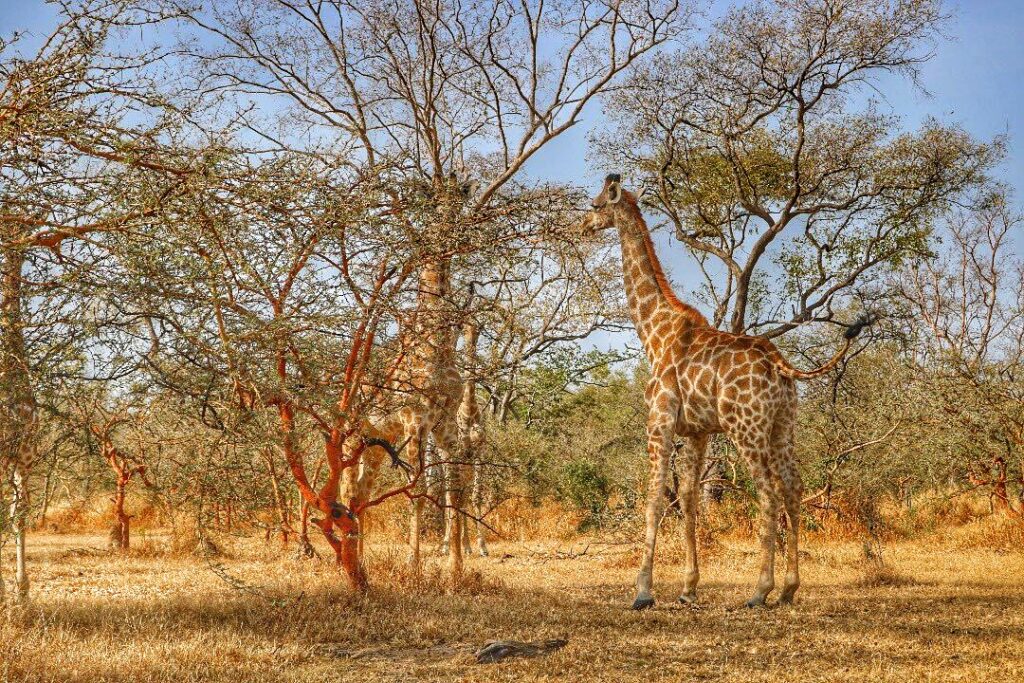
9 Fact: Nigeria has a huge number of butterfly species
Nigeria is home to over 1,500 identified butterfly species, showcasing the country’s remarkable biodiversity. Among the most well-known species are the Charaxes brutus, Papilio antimachus, and Graphium leonidas. These butterflies, along with numerous others, contribute to the vibrant and diverse insect population in Nigeria, making it a fascinating destination for butterfly enthusiasts and researchers alike.
10 Fact: The first African man to win the Nobel Prize was from Nigeria
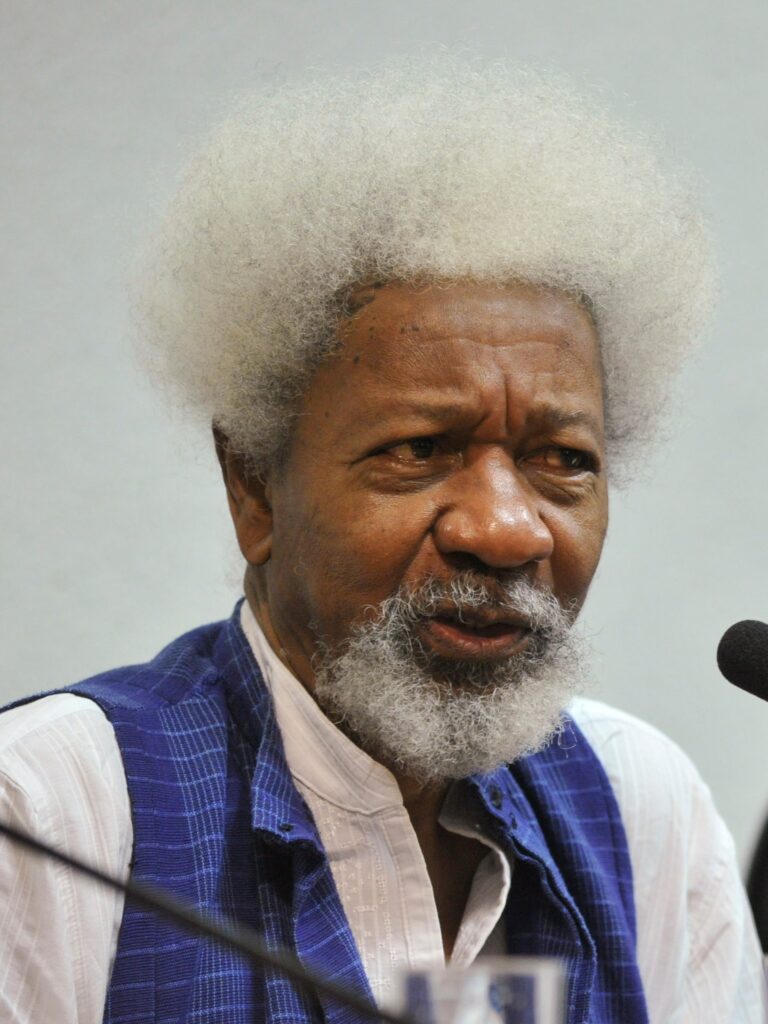
The first African man to receive the Nobel Prize was Wole Soyinka, a Nigerian playwright and poet. In 1986, Soyinka was awarded the Nobel Prize in Literature for his literary achievements, making him a trailblazer and a source of pride for Nigeria and the entire African continent. Soyinka’s recognition on the global stage highlighted the rich literary contributions emerging from Nigeria and Africa as a whole.

Published December 24, 2023 • 4m to read


